January 27 – day of memory.
Testimony of Simone Veil
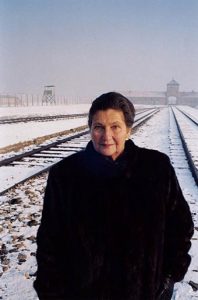
Simone Veil was deported when she was 16 with her family, in 1944. She was transferred to different camps including Auschwitz and Bergen-Belsen. She and her sister are the only survivors. When she returned from the camps, she studied at the Faculty of Law and the Institut d’Etudes Politiques in Paris and became a magistrate. Among his fights is the defence of imprisoned Algerian women and men threatened with the death penalty during the Algerian independance war, then his support for the revolt of May 1968. She has been: President of the Council de la Magistrature, Minister of Health under the presidency of Valery Giscard d’Estaing (1974-1979, when she obtained, among other things, the liberalization of abortion), then again under President Mitterrand (1993-1995), the first woman president of the European Parliament (1979- 1982), then member of the French Constitutional Council (1998-2007). From 2001 to 2007 she also chaired the “Foundation for the Memory of the Holocaust“. She died on June 30, 2017 at the age of 89.
A very great lady whose testimony is indispensable.
Unlike Hannah Arendt, Simone Veil did not think that “people are ready to do anything” and told with emotion that “there was much more fraternity between deported in the camps than was said “and that even under such difficult conditions” people have remained human beings anyway “.
However, in answering a journalist’s question: “Was Auschwitz a factory to kill? » she will specify: “Yes, it was a factory to kill. It was a factory to humiliate, to dehumanize. What makes Auschwitz unique is this scientific, organized, planned extermination with trains, etc. (…) They were trying to make sure we were no longer human beings … We lived outside of time, out of the world, out of life “.
Here is why, according to Simone Veil, it is important not to forget:
“It’s not a question of forgetting. We cannot forget. It’s the fact that people are transformed. Their very personality appears different. The SS were in the skin of characters, with uniforms, the whip in hand and the sentence of death in the mouth. Not to mention their dogs. We watched them from a distance. When they approached, most of the time we had our backs bowed to work. They were very different from the people who today (referring to war criminals arrested time after the end of the conflict) seem more or less pitiful – well, pitiful in the sense that they may look a little shabby and aging – in any case, people who are civilians and who look normal … Most of these killers were certainly, when out of the camps, wonderful fathers. (…)
“I was in Birkenau-Auschwitz, in a block not far from the cremation ovens. The people who got off the wagons were almost all going straight into the buildings where, as everyone knew, there were gas chambers; the SS themselves threatened to lead us there, jokingly. Everybody was entering. Nobody came out … ”
Here is another of her testimony (during a TV show of Franz-Olivier Giesbert (France3), in January 2005)
https://www.youtube.com/watch?v=IcvzpdkhmcQ
And, an other indispensible and straordinary testimony

Art Spiegelman: “Maus” (Pulitzer Prize 1992)
Masterpiece of Graphic Novel in which Art Spiegelman tells the life of his father, Polish Jew from 1930 to 1944, and his deportation and in the camps of Madjanek and Auschwitz during the time when Simone Veil was also there .
– The first part, describing the deterioration of the life of the Jews in Poland during the 30’s, dates from 1986;
– The second part, published in 1991, is dedicated to life in the camps. It earned the Pulitzer Prize to Spiegelman.
COMMENT by Thierry Vissol:
At a time when people seem to be losing their memory, when neo-fascism, xenophobic populism, the violence of the fear of the other, of the different, are reborn, it seems so easy that we can switch back to horror, beyond evil. It is therefore more than indispensable not to forget what was the extreme hatred that led to the Holocaust and what it means.
Certainly, Simone Veil was right to say that the other horrors that dotted regularly in the history of humanity and still happen too often nowadays, are hardly comparable to the Holocaust. However, it is regrettable that this day of memory – without diminishing the importance of the memory of the holocaust and what it means – is not also a day when all the institutions, the media, the schools, also recall how easy it is for a people to become accomplices and sometimes protagonists of acts that go beyond evil, beyond a loss of consciousness of humanity. That no suffering, no persecution, no ideology, no religion, no economic interest can justify that men and women martyr, kill, rape, torture, eliminate other men and other women.





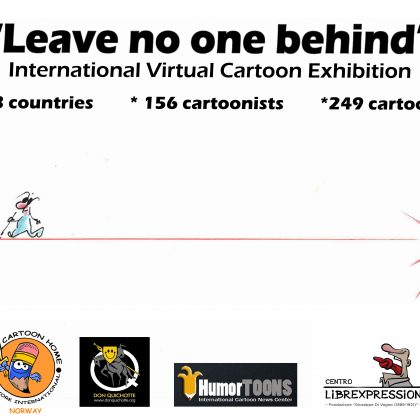
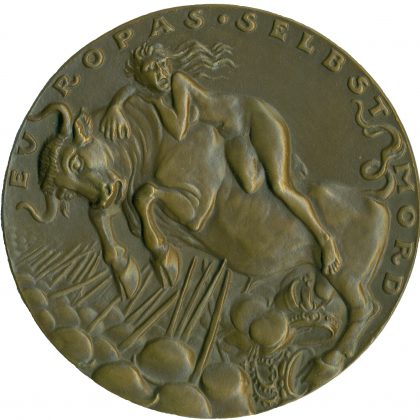
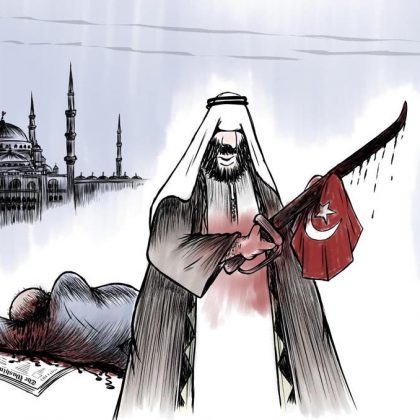
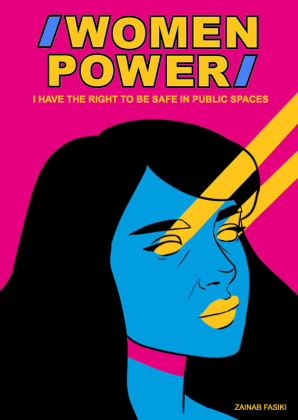
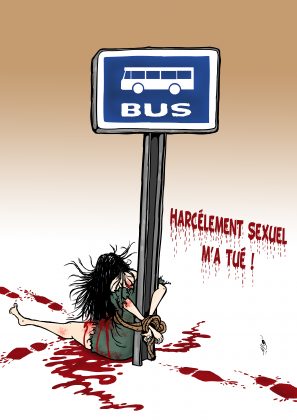
Comments
Ollie Loughridge
With thanks! Valuable information!